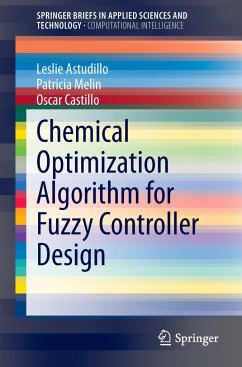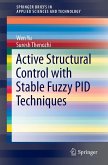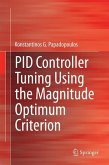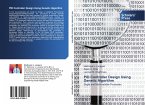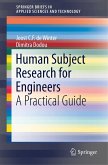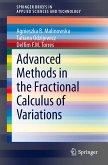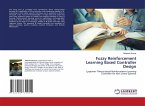In this book, a novel optimization method inspired by a paradigm from nature is introduced. The chemical reactions are used as a paradigm to propose an optimization method that simulates these natural processes. The proposed algorithm is described in detail and then a set of typical complex benchmark functions is used to evaluate the performance of the algorithm. Simulation results show that the proposed optimization algorithm can outperform other methods in a set of benchmark functions.
This chemical reaction optimization paradigm is also applied to solve the tracking problem for the dynamic model of a unicycle mobile robot by integrating a kinematic and a torque controller based on fuzzy logic theory. Computer simulations are presented confirming that this optimization paradigm is able to outperform other optimization techniques applied to this particular robot application.
This chemical reaction optimization paradigm is also applied to solve the tracking problem for the dynamic model of a unicycle mobile robot by integrating a kinematic and a torque controller based on fuzzy logic theory. Computer simulations are presented confirming that this optimization paradigm is able to outperform other optimization techniques applied to this particular robot application.

